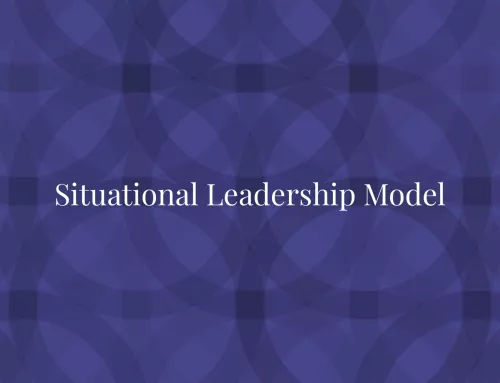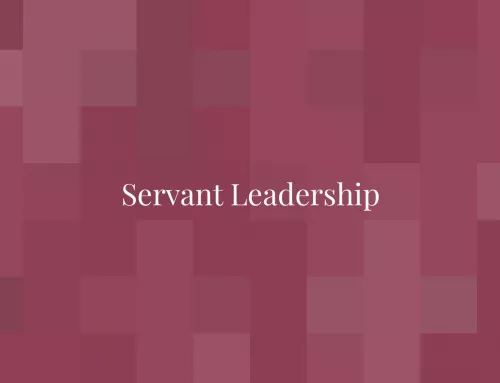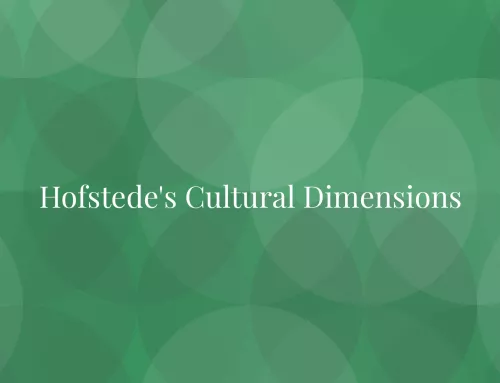Organizational Culture: Mapping the Terrain
In this book[1], Joanne Martin examined a variety of conflicting ways to study cultures in organizations, including different theoretical orientations, political ideologies (managerial, critical, and apparently neutral), methods (qualitative, quantitative, and hybrid approaches), and styles of writing about culture (ranging from traditional to postmodern and experimental). In addition, she offers a guide for those who might want to study culture themselves through qualitative, quantitative, and hybrid methods.
In this book, she provides an inter-disciplinary overview of the organizational culture literature, showing how and why researchers have disagreed about such fundamental questions as
- What is organizational culture?
- What are the major theoretical perspectives used to understand cultures in organizations?
- How can a researcher decipher the political interests inherent in research that claims to be political neutral – merely “descriptive”?
She examines a variety of conflicting ways to study cultures in organizations, including different theoretical orientations, political ideologies (managerial, critical, and apparently neutral), methods (qualitative, quantitative, and hybrid approaches), and styles of writing about culture (ranging from traditional to postmodern and experimental). In addition, she offers a guide for those who might want to study culture themselves, addressing such issues as:
- What qualitative, quantitative, and hybrid methods can be used to study culture?
- What standards are used when reviewers evaluate these various types of research?
- What innovative ways of writing about culture have been introduced?
- What are the most important unanswered questions for future organizational culture researchers?
What is Organizational Culture?
Organizational culture is defined as the behavior of humans within an organization. They share values beliefs and norms that influence how employees feel and act towards others in the organization. In essence, it is the organization’s personality. The central idea is that every organization has its own culture as a unique identity. While the existence of this concept of organizational culture is accepted, there do exist different viewpoints on what this culture is like.
Views on Organizational Culture
According to Joanne Martin, the two views are:
- Managerial view, and
- Social science view
Managerial View
The managerial view believes there is a link between strong culture and organizational performance. According to this view, the behaviour of an organisation emerges from the behaviour of individual managers, which is driven by a system of accountabilities.
The managerial view is useful in making daily decisions and setting business strategy. Management focuses on the delegation of tasks and juggling the organization’s resources, including finance, supplies, inventory, personnel, etc. Hence, this view can be viewed as how to enable managers and supervisors to facilitate employee performance.
Today, only C-level executives and the board focus their efforts on forging organizational culture. To them it is a compromise between business objectives (top-line) and social responsibility, driven largely by public relations. However, most individual managers focus on the bottom-line. They have enough to do without spending time and effort analysing the big picture of overall organisational behaviour.
Understanding the concept of organizational behavior enables a manager to see the big picture by understanding how their decisions and proposed changes affect the organization, its employees, and most importantly its productivity. Such knowledge helps a manager to strategically plan and implement protocols more efficiently and effectively.
Social Science View
While the social science view holds that organizational culture is an overused term and one that is not defined correctly. The most effective way to summarize the differences between the two views is to split them through their terminology. The managerial view would say the culture has, whereas the social science view would say culture is.
The managerial view holds that organizations possess a culture that can be controlled and managed. The culture is acquired by its employees and handed over to the newcomers who have not taken part in creating it. Culture is capable of intervention and control, and so managers can use it as a tool for change.
The social science view holds that organizational culture is something that the organization is, individuals, do things and work together in certain ways, which creates a culture that evolves spontaneously. For this reason, it cannot be managed or quantified.
The culture exists only through social interactions throughout the organization between its members, and such might even be different from what management wants. The social science view criticizes the managerial view for having ambitions to shape others’ beliefs because the managerial view studies the methods to change an organization’s culture. An example is studying how a leader’s behaviour shapes the organization’s culture.
Three Perspectives
Joanne Martin, a Stanford professor, presents three perspectives on organizational culture, which academics consider important because they branch out the managerial versus social science views. The three organizational perspective frameworks developed by Joanne Martin in 1992 include:
- Integration perspective
- Differentiation perspective, and
- Fragmentation perspectives
They provide an understanding of organizational culture.
Integration Perspective
This is the managerial view. An organization possesses a unified culture, and its employees subscribe to this. With a clear set of values comes employee behaviour guided by these beliefs, values, and norms. The integration or managerial perspective appears to suggest that there is a relationship between strong culture and improved performance The idea is that the common features in an organization will improve the organizational effectiveness because employees will be more committed and easier to control if the pool of employees is not diverse.
Differentiation Perspective
This is the social science perspective. The idea here is that every organization consists of multiple groups, namely subcultures, each of which has its own characteristics. This is naturally very true of large organizations, and the subcultures are reflective of the differentiation of occupations within organizations. This is caused by the range of occupations as well as the geographical divisions and age. The reasoning is age differences. since there are multiple interest groups within organizations, they’re going to be multiple cultures in there as well. Cultural pluralism is a fundamentalist aspect of all organizations according to this viewpoint, the subcultures are free to overlap and contradict each other.
Fragmentation Perspective
This is against social science. This perspective assumes the absence of consensus on innovation, the inevitability of conflict in a way building on the idea that they are subdivisions cultures. This perspective sees organizations as a set of groups that are, by nature, supposed to be opposed to one another. But, managerial activity reconciles these contradictions. An interesting feature of this perspective is that these groups view conflicts, not as a consensus, but rather as the norm within organizations. Just as the differentiation perspective, the fragmentation perspective dismisses the idea of a single culture.
References
| ↑1 | Organizational Culture: Mapping the Terrain |
|---|




